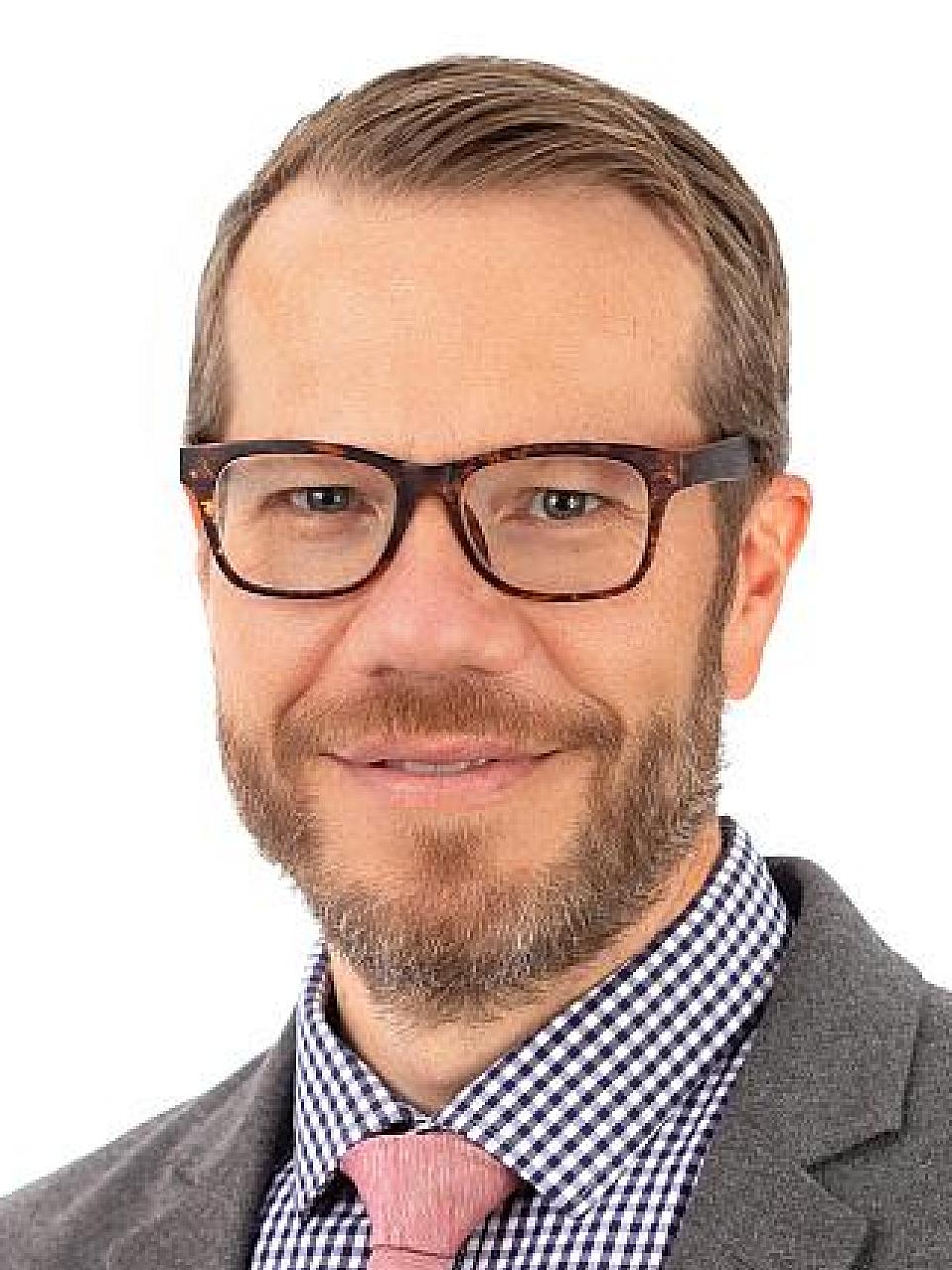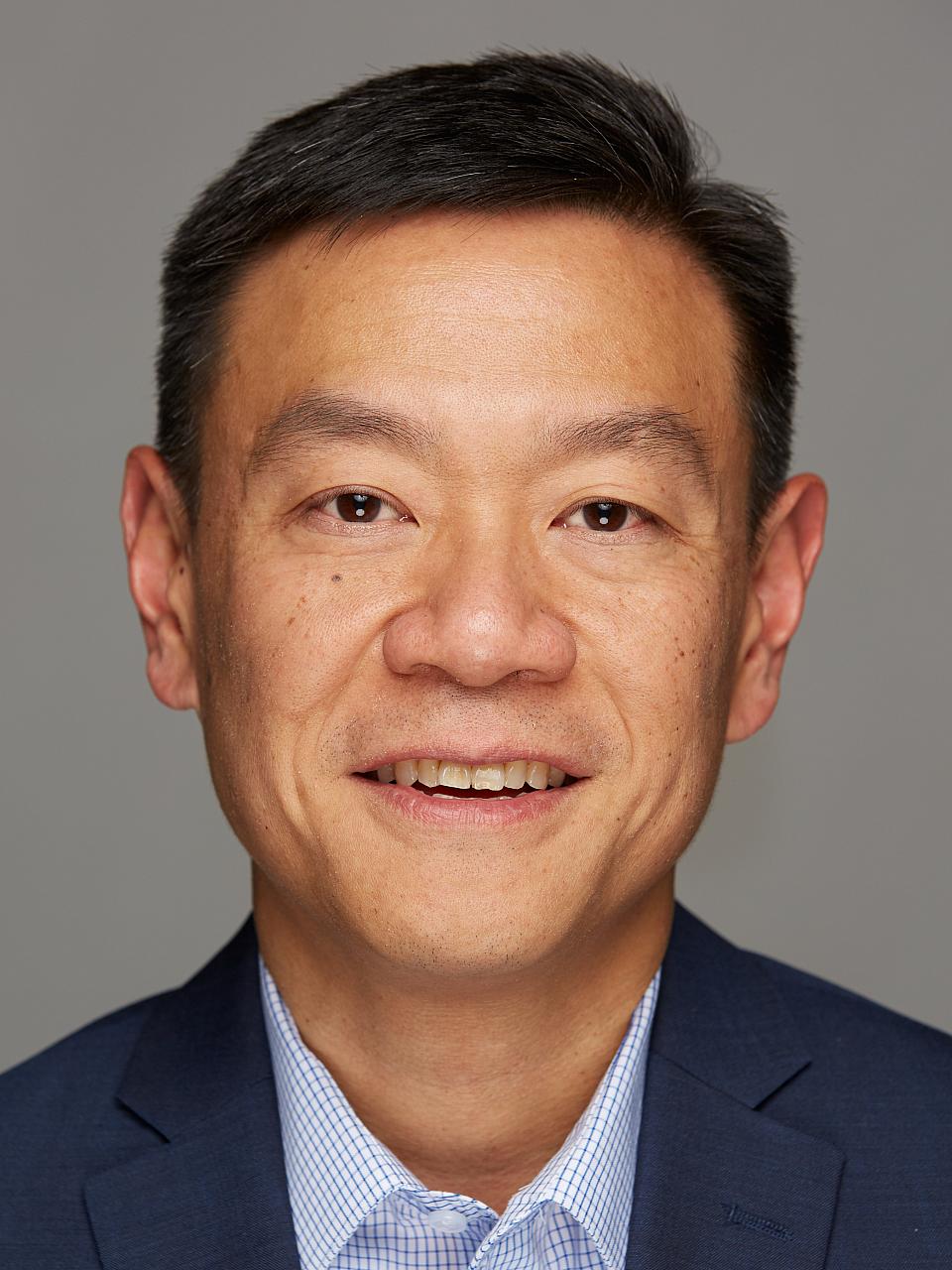Voices of U of U Health
Professional Identity Formation: Where One Door Closes, Another Opens
By Tom Hurtado, EdD, and Tony Tsai, MBA
This is the fifth blog in a series about navigating the non-linear journey of forming a professional identity. We interviewed a wide variety of health care professionals about their journeys. Their lived experiences and related concepts can guide you in each stage of your career.
Beth's Journey
In this blog, we share Beth Vukin’s story and themes that shaped her career in medicine while living with an elusive illness.
After two decades as a pediatric hospitalist and educator, Beth realized she could no longer maintain her clinical duties. She was exhausted, and she finally had a diagnosis that explained why. She would have to let go of the only career she had ever known to live the best life she could with chronic physical limitations.
Along her journey, Beth learned to navigate the opinions of others, listen to herself, and discover the next step in her path.
Listen to the complete interview with Beth Vukin on the RealMD Podcast.
Care about people's approval and you will always be their prisoner.
–Lao Tsu

Navigating the Opinions of Others
Beth Vukin is the only person in her family to go into medicine. Her parents immigrated from Thailand and—although they didn’t have a college education—they had high expectations that she would become an engineer or physician.
While preparing to take the MCAT, Beth developed a purple web-like rash (livedo reticularis) and was diagnosed with lupus. Symptoms soon resolved enough that she could begin medical school at the University of Cincinnati, where she developed an interest in pediatrics.
When she shared her specialty choice with peers, she received a lot of criticism. They tried to convince her pediatrics wasn’t as prestigious or rigorous as other specialties. Navigating external opinions is a common friction point in career exploration. In “Let Your Life Speak: Listening for the Voice of Vocation,” education activist Parker Palmer writes about letting life tell you who you are and lead you to fulfilling work.
Despite these external voices, Beth knew deep down this was her path. Her reasons for pursuing pediatrics were more important than outside opinions.
Before I can tell my life what I want to do with it, I must listen to my life telling me who I am.
–Parker Palmer

Listening to Yourself
During third-year rotations, Beth began to experience fatigue. She brushed it off as part of clinical training, but then that livedo reticularis rash came back. A wrist and foot drop landed her in the doctor’s office. After many months and several tests, she was diagnosed with polyarteritis nodosa, a disease more common in 40-year-old men. She questioned the diagnosis but, as symptoms faded with immune suppressants, she finished medical school and headed to the University of Utah for residency.
Now, 20 years later, Beth has no regrets. Staying true to her inner voice led to a rewarding career as a hospitalist at Primary Children’s Hospital and faculty member in the pediatrics department at the U. She discovered how much she enjoyed coaching students in clinic and learning communities.
Beth’s inner voice also played a critical role in her ongoing health challenges. As new symptoms developed, she continued to question her prior diagnosis. Exhaustion was an ongoing issue. Her muscles would sometimes feel weak or burn. Her joints would be stiff and painful. Something was off.
When her hands became puffy, she went to her rheumatologist. She was convinced she had scleroderma. He didn’t agree with that diagnosis. The tests were negative. She was left with a “wait-and-see approach.”
Finally, after years of going from one doctor to the next, she met with a new rheumatologist and shared her self-diagnosis. “The tests likely won’t show it, but I think it’s scleroderma,” Beth explained. “I believe you,” the doctor said. Those are the words Beth needed to hear. Sure enough, additional testing confirmed she was right all along—she had scleroderma.
This experience taught her not to doubt her inner voice. At the same time, she realized primary care and pediatricians are uniquely positioned to identify the needs of their patients and respond with empathy.
In adult life we are faced with determining how to reshape our identities so that they reflect our internal voices
–Baxter Magolda
Charting the Next Step in Your Path
Feeling like a battery that only holds a 15% charge, Beth’s illness forced her decision to let go of the career she loved. During this pivot, she redirected her limited energy reserves to her family and applying her skills and strengths in new ways.
Self-authorship researcher Baxter Magolda describes being at a difficult crossroads or key decision point. Her advice is to listen to your internal voice to help chart the next step in your path. In a career, this can mean feeling loss related to the past and uncertainty about the future. It also means realizing a new opportunity for growth where deeper learning and fulfillment are possible.
While her illness and path are not what she expected, Beth learned to listen to her voice and develop natural talents outside the clinical environment.

“You are so much more than a physician.”
The Gallup strengths framework explains why it’s so important to tune into our natural talents rather than focus on weaknesses—particularly when navigating the unknown. In Beth’s case, a colleague pointed out her natural ability for refining the EMR to make it easier for health care teams to use.
“You are so much more than a physician,” her colleague told her. This encouraged Beth to reflect on this ability and give herself permission to see her talents in a new light. New areas of interest include making improvements to the EMR, mentoring medical students in the RealMD program, and hosting the "What We Didn't Learn in Med School" and “Real Talk with Kid Docs” podcasts.
The difficult choice to leave clinical practice opened up a world beyond what she had known. Beth continues listening to her own voice and relying on her strengths to find meaning and purpose in her work.

